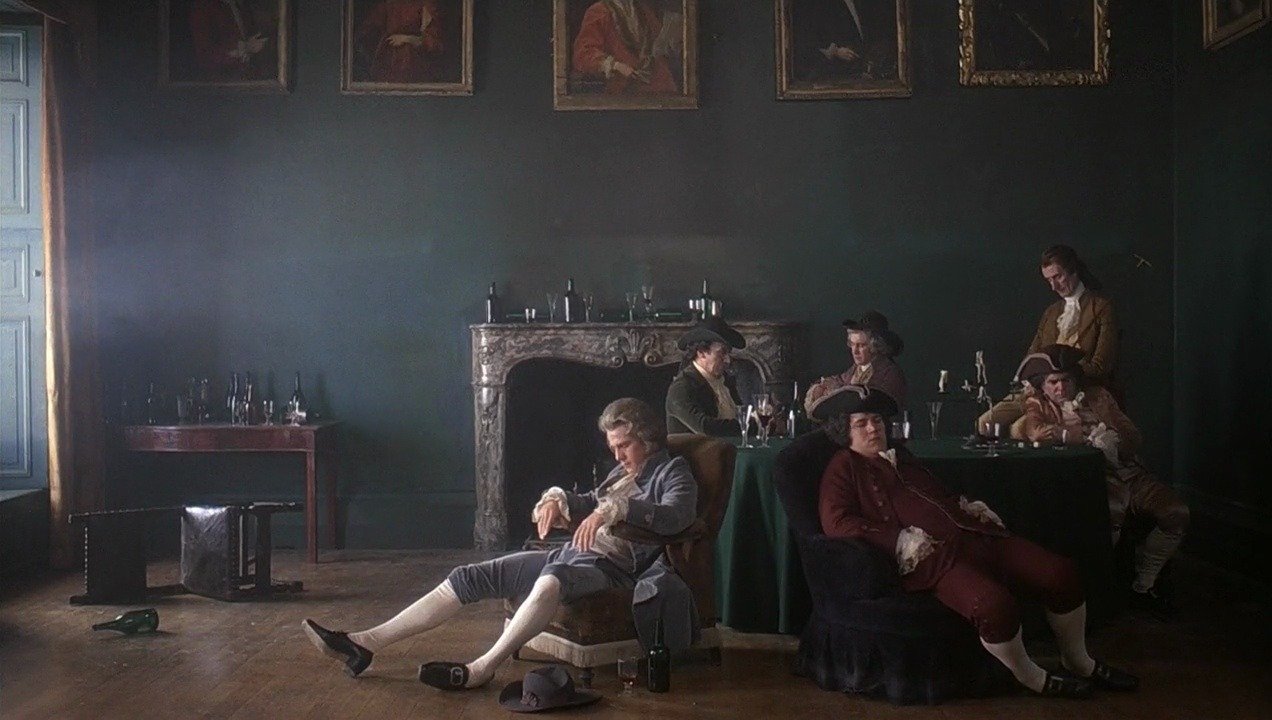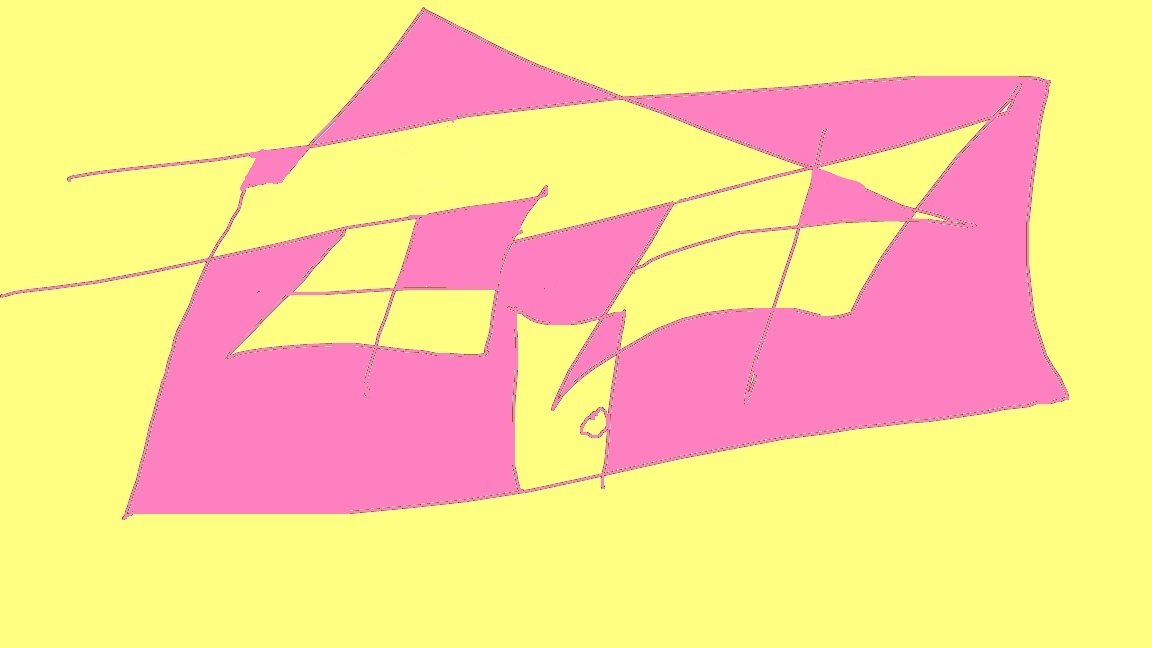when on mobile, view calendar horizontally for best user experience.
master calendar in list form
↓
master calendar in list form ↓
![Making Mr. Right (1987) [35mm]](https://images.squarespace-cdn.com/content/v1/61c8155b43afc26b6ecbd8b6/1742989651665-DTP3L942FAO5L59RLAIG/making+mr+right3+1987.jpg)
Making Mr. Right (1987) [35mm]
Making Mr. Right (1987) — Susan Seidalman
United States, 35MM, 108 mins.
This screening will feature an introduction and Q&A by Marya E. Gates, author of CINEMA HER WAY: VISIONARY FEMALE DIRECTORS IN THEIR OWN WORDS
Presented by Archives on Screen
![Ghost Dog: Way of the Samurai (1999) [35mm]](https://images.squarespace-cdn.com/content/v1/61c8155b43afc26b6ecbd8b6/1742988958437-MCQVO4T6HJF9AAYRL4J6/ghost+dog+the+way+of+the+samurai4+1999.jpg)
Ghost Dog: Way of the Samurai (1999) [35mm]
Ghost Dog: Way of the Samurai (1999) — Jim Jarmusch
France/Germany/United States/Japan, 35MM, 116 mins.
![Ghost Dog: Way of the Samurai (1999) [35mm]](https://images.squarespace-cdn.com/content/v1/61c8155b43afc26b6ecbd8b6/1742988958437-MCQVO4T6HJF9AAYRL4J6/ghost+dog+the+way+of+the+samurai4+1999.jpg)
Ghost Dog: Way of the Samurai (1999) [35mm]
Ghost Dog: Way of the Samurai (1999) — Jim Jarmusch
France/Germany/United States/Japan, 35MM, 116 mins.
![Ghost Dog: Way of the Samurai (1999) [35mm]](https://images.squarespace-cdn.com/content/v1/61c8155b43afc26b6ecbd8b6/1742988958437-MCQVO4T6HJF9AAYRL4J6/ghost+dog+the+way+of+the+samurai4+1999.jpg)
Ghost Dog: Way of the Samurai (1999) [35mm]
Ghost Dog: Way of the Samurai (1999) — Jim Jarmusch
France/Germany/United States/Japan, 35MM, 116 mins.
![Ghost Dog: Way of the Samurai (1999) [35mm]](https://images.squarespace-cdn.com/content/v1/61c8155b43afc26b6ecbd8b6/1742988958437-MCQVO4T6HJF9AAYRL4J6/ghost+dog+the+way+of+the+samurai4+1999.jpg)
Ghost Dog: Way of the Samurai (1999) [35mm]
Ghost Dog: Way of the Samurai (1999) — Jim Jarmusch
France/Germany/United States/Japan, 35MM, 116 mins.
![Ghost Dog: Way of the Samurai (1999) [35mm]](https://images.squarespace-cdn.com/content/v1/61c8155b43afc26b6ecbd8b6/1742988958437-MCQVO4T6HJF9AAYRL4J6/ghost+dog+the+way+of+the+samurai4+1999.jpg)
Ghost Dog: Way of the Samurai (1999) [35mm]
Ghost Dog: Way of the Samurai (1999) — Jim Jarmusch
France/Germany/United States/Japan, 35MM, 116 mins.
![Ghost Dog: Way of the Samurai (1999) [35mm]](https://images.squarespace-cdn.com/content/v1/61c8155b43afc26b6ecbd8b6/1742988958437-MCQVO4T6HJF9AAYRL4J6/ghost+dog+the+way+of+the+samurai4+1999.jpg)
Ghost Dog: Way of the Samurai (1999) [35mm]
Ghost Dog: Way of the Samurai (1999) — Jim Jarmusch
France/Germany/United States/Japan, 35MM, 116 mins.

The Umbrellas of Cherbourg (1964)
The Umbrellas of Cherbourg [Les parapluies de Cherbourg](1964) — Jacques Demy
France/West Germany, DCP, 91 mins.
New 4K restoration!

![Georgia, Georgia (1972) [35mm]](https://images.squarespace-cdn.com/content/v1/61c8155b43afc26b6ecbd8b6/1739844116878-UD4EIV0CE4GOOGU084Y3/georgia+georgia3+1972.jpg)
Georgia, Georgia (1972) [35mm]
Georgia, Georgia (1972) — Stig Björkman
Sweden/United States, 35mm, 91 mins.
Part of a cinema residency Madeleine Hunt-Ehrlich: Evading Capture. Filmmaker, artist, and series curator Madeleine Hunt-Ehrlich will introduce the film

Barry Lyndon (1975)
Barry Lyndon (1975) — Stanley Kubrick
United Kingdom/United States, DCP, 185 mins.

The Ballad of Suzanne Césaire (2024)
The Ballad of Suzanne Césaire (2024) — Madeleine Hunt-Ehrlich
United States, DCP, 75 mins.
Part of a cinema residency Madeleine Hunt-Ehrlich: Evading Capture. Filmmaker, artist, and series curator Madeleine Hunt-Ehrlich joins author Rizvana Bradley in conversation following the screening

Chocolat (1988)
Chocolat (1988) — Claire Denis
France/West Germany/Cameroon, DCP, 105 mins.
Playing as part of La Sauvagerie Et Beauté De Claire Denis

Chocolat (1988)
Chocolat (1988) — Claire Denis
France/West Germany/Cameroon, DCP, 105 mins.
Playing as part of La Sauvagerie Et Beauté De Claire Denis

Chocolat (1988)
Chocolat (1988) — Claire Denis
France/West Germany/Cameroon, DCP, 105 mins.
Playing as part of La Sauvagerie Et Beauté De Claire Denis

Chocolat (1988)
Chocolat (1988) — Claire Denis
France/West Germany/Cameroon, DCP, 105 mins.
Playing as part of La Sauvagerie Et Beauté De Claire Denis

Chocolat (1988)
Chocolat (1988) — Claire Denis
France/West Germany/Cameroon, DCP, 105 mins.
Playing as part of La Sauvagerie Et Beauté De Claire Denis
![Demolition Man (1993) [35mm]](https://images.squarespace-cdn.com/content/v1/61c8155b43afc26b6ecbd8b6/1743071761579-OY28X8Y87BYJ1QVIFQNY/demolition+man3+1993.jpg)
Demolition Man (1993) [35mm]
Demolition Man (1993) — Marco Brambilla
United States, 35mm, 115 mins.
Playing as part of Don’t Mess With Wesley Snipes
![Demolition Man (1993) [35mm]](https://images.squarespace-cdn.com/content/v1/61c8155b43afc26b6ecbd8b6/1743071761579-OY28X8Y87BYJ1QVIFQNY/demolition+man3+1993.jpg)
Demolition Man (1993) [35mm]
Demolition Man (1993) — Marco Brambilla
United States, 35mm, 115 mins.
Playing as part of Don’t Mess With Wesley Snipes
![Demolition Man (1993) [35mm]](https://images.squarespace-cdn.com/content/v1/61c8155b43afc26b6ecbd8b6/1743071761579-OY28X8Y87BYJ1QVIFQNY/demolition+man3+1993.jpg)
Demolition Man (1993) [35mm]
Demolition Man (1993) — Marco Brambilla
United States, 35mm, 115 mins.
Playing as part of Don’t Mess With Wesley Snipes
![Demolition Man (1993) [35mm]](https://images.squarespace-cdn.com/content/v1/61c8155b43afc26b6ecbd8b6/1743071761579-OY28X8Y87BYJ1QVIFQNY/demolition+man3+1993.jpg)
Demolition Man (1993) [35mm]
Demolition Man (1993) — Marco Brambilla
United States, 35mm, 115 mins.
Playing as part of Don’t Mess With Wesley Snipes
![Uncle Boonmee Who Can Recall His Past Lives (2010) [35mm]](https://images.squarespace-cdn.com/content/v1/61c8155b43afc26b6ecbd8b6/1742986546520-6CP09CQ7JE6V0IWWBO8Z/Uncle+Boonmee+Who+Can+Recall+His+Past+Lives+2010.png)
Uncle Boonmee Who Can Recall His Past Lives (2010) [35mm]
Uncle Boonmee Who Can Recall His Past Lives (2010) — Apichatpong Weerasethakul
Thailand/United Kingdom/France/Germany/Spain/Netherlands, 35mm, 114 mins.
![Demolition Man (1993) [35mm]](https://images.squarespace-cdn.com/content/v1/61c8155b43afc26b6ecbd8b6/1743071761579-OY28X8Y87BYJ1QVIFQNY/demolition+man3+1993.jpg)
Demolition Man (1993) [35mm]
Demolition Man (1993) — Marco Brambilla
United States, 35mm, 115 mins.
Playing as part of Don’t Mess With Wesley Snipes
![Demolition Man (1993) [35mm]](https://images.squarespace-cdn.com/content/v1/61c8155b43afc26b6ecbd8b6/1743071761579-OY28X8Y87BYJ1QVIFQNY/demolition+man3+1993.jpg)
Demolition Man (1993) [35mm]
Demolition Man (1993) — Marco Brambilla
United States, 35mm, 115 mins.
Playing as part of Don’t Mess With Wesley Snipes
![Demolition Man (1993) [35mm]](https://images.squarespace-cdn.com/content/v1/61c8155b43afc26b6ecbd8b6/1743071761579-OY28X8Y87BYJ1QVIFQNY/demolition+man3+1993.jpg)
Demolition Man (1993) [35mm]
Demolition Man (1993) — Marco Brambilla
United States, 35mm, 115 mins.
Playing as part of Don’t Mess With Wesley Snipes
![Brick and Mirror [Khesht va Ayeneh] (1965)](https://images.squarespace-cdn.com/content/v1/61c8155b43afc26b6ecbd8b6/1739765024765-SL8QHV7Q8G33R0AZA2HS/brick+and+mirror9+1966.jpg)
Brick and Mirror [Khesht va Ayeneh] (1965)
Brick and Mirror [Khesht va Ayeneh] (1965) — Ebrahim Golestan + The House is Black [Khaneh siah ast] (1964) — Forugh Farrokhzad
Iran, DCP, 131 + 20 ~ 151 mins.
![Trouble Every Day (2001) [35mm]](https://images.squarespace-cdn.com/content/v1/61c8155b43afc26b6ecbd8b6/1742983893771-AD4EE81TDNJ6DWWLB77H/trouble+every+day+2001.jpg)
Trouble Every Day (2001) [35mm]
Trouble Every Day (2001) — Claire Denis
France/Germany/Japan/Luxembourg, 35MM, 101 mins.
Playing as part of La Sauvagerie Et Beauté De Claire Denis
![Trouble Every Day (2001) [35mm]](https://images.squarespace-cdn.com/content/v1/61c8155b43afc26b6ecbd8b6/1742983893771-AD4EE81TDNJ6DWWLB77H/trouble+every+day+2001.jpg)
Trouble Every Day (2001) [35mm]
Trouble Every Day (2001) — Claire Denis
France/Germany/Japan/Luxembourg, 35MM, 101 mins.
Playing as part of La Sauvagerie Et Beauté De Claire Denis
![Trouble Every Day (2001) [35mm]](https://images.squarespace-cdn.com/content/v1/61c8155b43afc26b6ecbd8b6/1742983893771-AD4EE81TDNJ6DWWLB77H/trouble+every+day+2001.jpg)
Trouble Every Day (2001) [35mm]
Trouble Every Day (2001) — Claire Denis
France/Germany/Japan/Luxembourg, 35MM, 101 mins.
Playing as part of La Sauvagerie Et Beauté De Claire Denis


